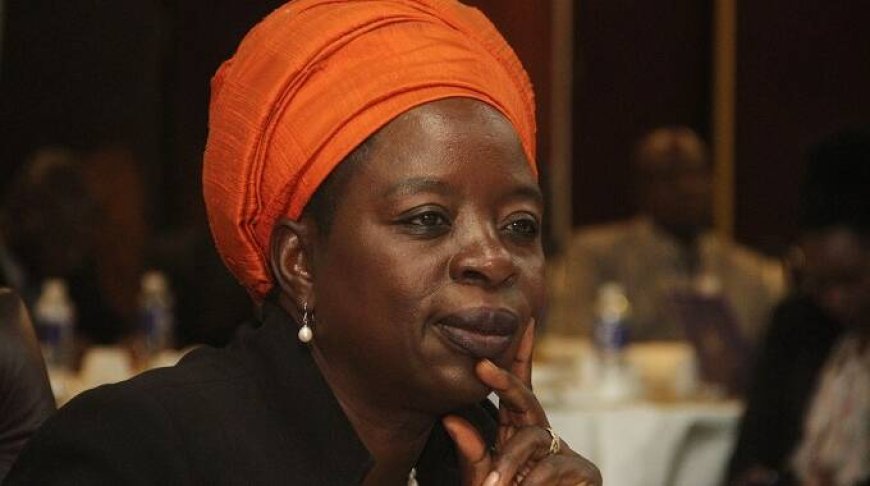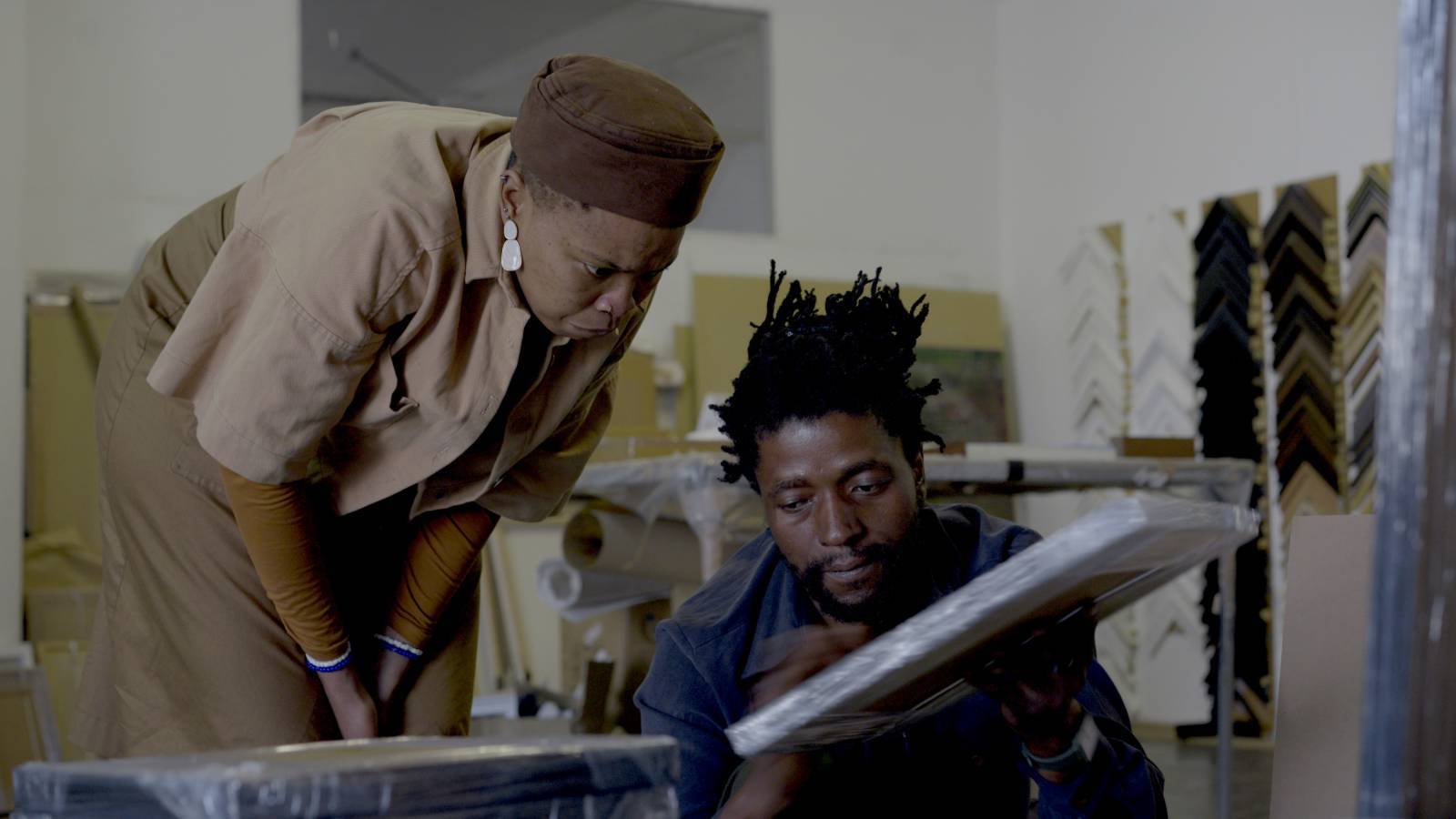EU interest in Zim considered giant leap for trade ties
Business Reporter THE European Union (UN)’s growing interest in Zimbabwe, as evidenced by a series of high-level business delegations from key member states, marks a significant turning point in the country’s relations and business ties with the bloc. Over the past five years, Zimbabwe has been on an aggressive engagement and re-engagement drive. Recent visits […]


Business Reporter
THE European Union (UN)’s growing interest in Zimbabwe, as evidenced by a series of high-level business delegations from key member states, marks a significant turning point in the country’s relations and business ties with the bloc.
Over the past five years, Zimbabwe has been on an aggressive engagement and re-engagement drive.
Recent visits by business delegations from Germany and France within three weeks highlight the growing interest in inherent investment opportunities in Zimbabwe.
“The renewed engagements by EU countries are a positive development signalling a shift in international perceptions of the country,” Mr Boris Ruzive, a Harare-based international relations expert, told Business Hub last week.
“By fostering stronger ties with the EU, Zimbabwe can attract foreign investment, boost its economy and enhance its international standing. This also serves as a confidence booster for other countries considering investing in or doing business with Zimbabwe.”
Zimbabwe’s Ambassador Extraordinary and Plenipotentiary to France Dr Sekai Nzenza said the French business delegation highlighted the success of the country’s re-engagement efforts.
“This is the first time we have had a delegation coming from that part of the world,” Dr Nzenza told reporters last week.
Dr Nzenza also represents Zimbabwe at the United Nations Educational, Scientific and Cultural Organisation in Paris and the United Nations Tourism in Madrid, Spain.
Dividends
Mrs Victorine Bokengo, who helped in facilitating the visit by the German delegation, said German companies were increasingly interested in doing business with Zimbabwe.
She said there was growing demand for assistance in facilitating business engagements within the country.
The visit to Zimbabwe followed recommendations from the German government and some business organisations based in the European country, who have endorsed Zimbabwe as a preferred investment destination.
“The renewed interest by some German companies to do business with Zimbabwe is at its peak,” said Mrs Bokengo, who also facilitates engagements between German investors and African countries.
“We are receiving more and more demands from German companies to facilitate their business engagements with and in Zimbabwe.
“The re-engagement drive espoused by His Excellency President Mnangagwa and his Government is definitely paying dividends.”
Mrs Bokengo said she was planning a Zimbabwe-German business summit next year.
“The focus country next year is Zimbabwe and the main purpose is to showcase not only the investment opportunities that Zimbabwe has to offer to the world in general and to Germany in particular but also the culture and the people,” she said.
The German delegation held meetings with various stakeholders, including the Zimbabwe Investment and Development Agency, the Ministry of Mines and Mining Development, the Ministry of Lands, Agriculture, Fisheries, Water and Rural Development, the University of Zimbabwe and other private sector players.
The delegations consisted of mining and agricultural experts.
“We are very happy with all the (engagements) we have (had) and we have (made) real progress in (our) consultations,” said head of delegation Prof Carsten Drebenstedt.
“In business, the most important thing is recommendation, and we got recommendations from the German government and from some (business) chambers of commerce that Zimbabwe is a good target. Education (levels are) very high and from these recommendations, we say let us start, and up to now we have a good feeling that it was the right choice.”
The French business delegation, composed of senior officials from 16 leading French companies, met with various other Zimbabwean stakeholders, including Government officials, businesses, financial institutions and investment agencies.
The companies are members of the Movement of the Enterprises of France (MEDEF), the most representative organisation of the French private sector at an international level.
Notable companies that participated include Alstom, a global leader in sustainable mobility, represented by Philippe Delleur, senior vice president of public affairs.
France’s national geological survey firm BRGM was represented by Eric Gomez, area manager for Southern and Eastern Africa.
Bureau Veritas, a world leader in testing, inspection and certification, was represented by Stéphane Gaudechon, its vice president.
CMA-CGM, a leading shipping and logistics company, was represented by Carolyn Kathewera, the regional director.
Cobasa, an investment consulting firm, is also participating and is led by Henri De Villeneuve, who is the chairperson and chief executive officer.
Fressinet, a specialist in civil works, was represented by Grégoire Jeanson, the business development director.
HDF Energy, a developer of clean, high-power energy storage solutions, was represented by Nicolas Lecomte.
The delegation also met with Zimbabwean entities, including the Zimbabwe Investment and Development Agency, Mutapa Investment Fund, the Confederation of Zimbabwe Industries (CZI), as well as the Zimbabwe National Chamber of Commerce and chief executive officers of selected local banks.
France is a member of the European Union (EU), which had imposed sanctions on Zimbabwe in the past.
In 2023, the EU, however, began to shift its policy.
On Friday, the European Commission, the executive arm of the EU, published a report highlighting the progress made in negotiations to deepen trade and investment relations with five Eastern and Southern African countries, including Zimbabwe.
The 14th round of negotiations concluded with provisional agreements on transparency in public procurement, State-owned enterprises and competition policy.
Good progress was made in other areas, including intellectual property rights, economic and development cooperation, and services and investment.
What's Your Reaction?



































